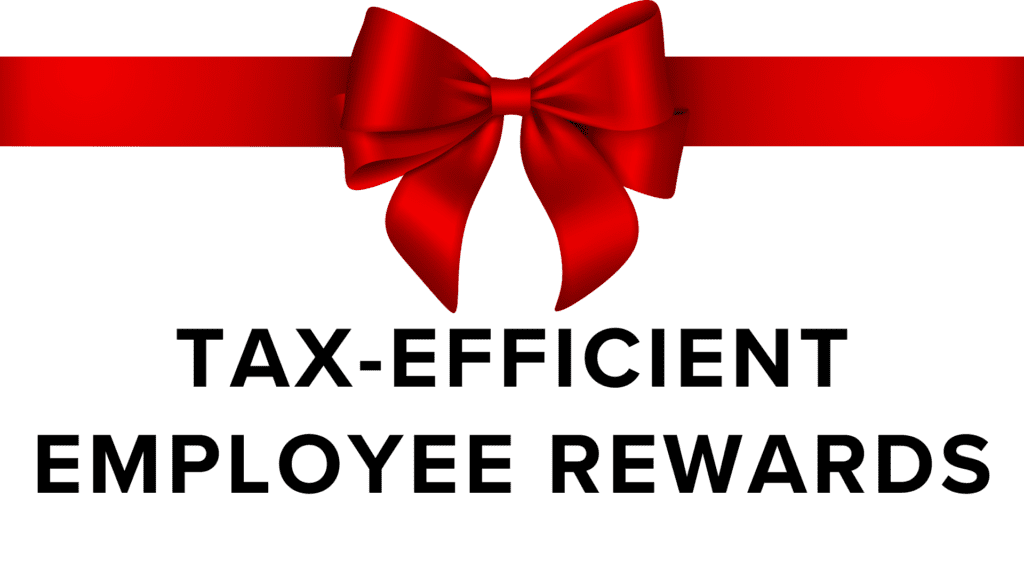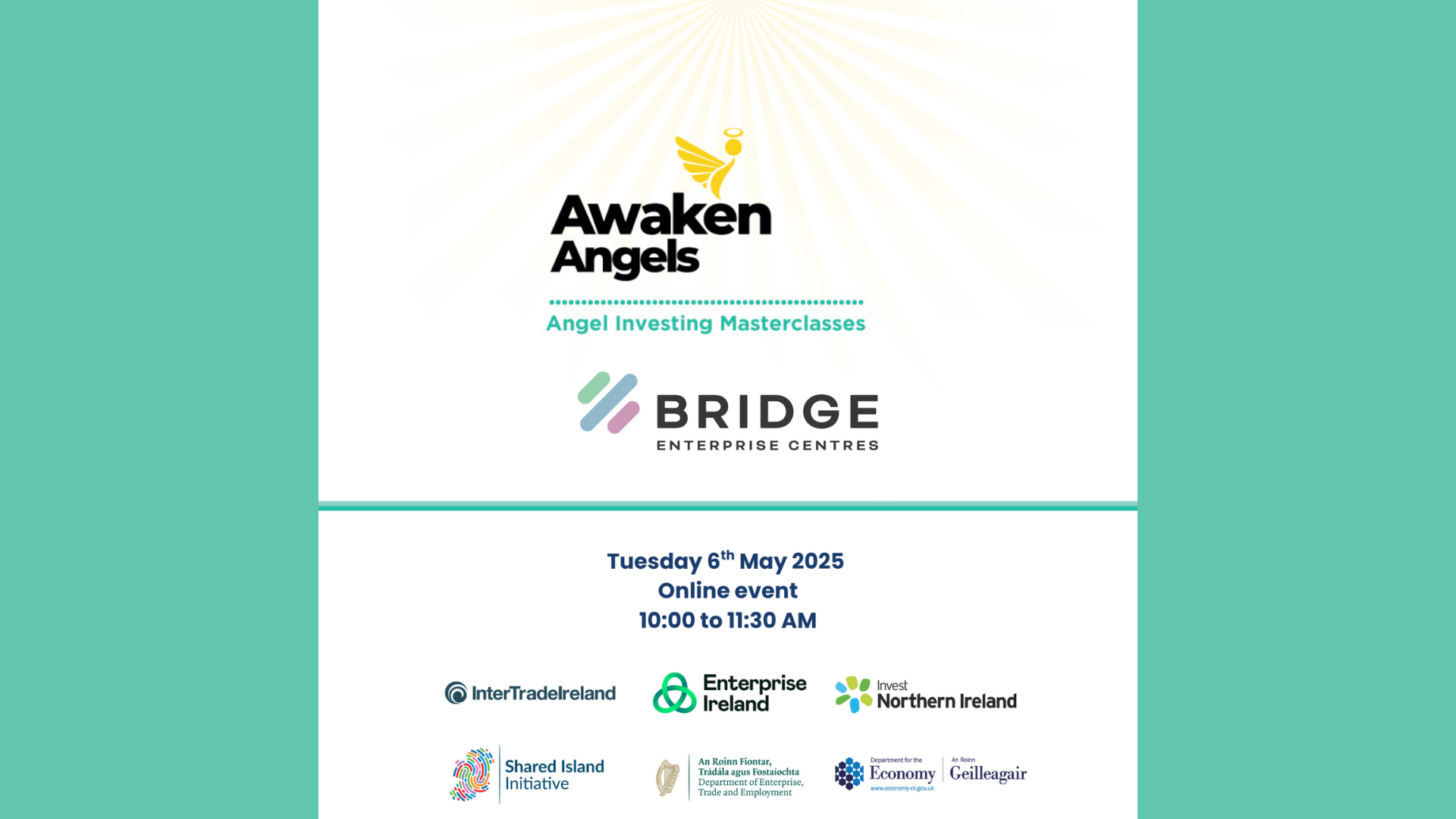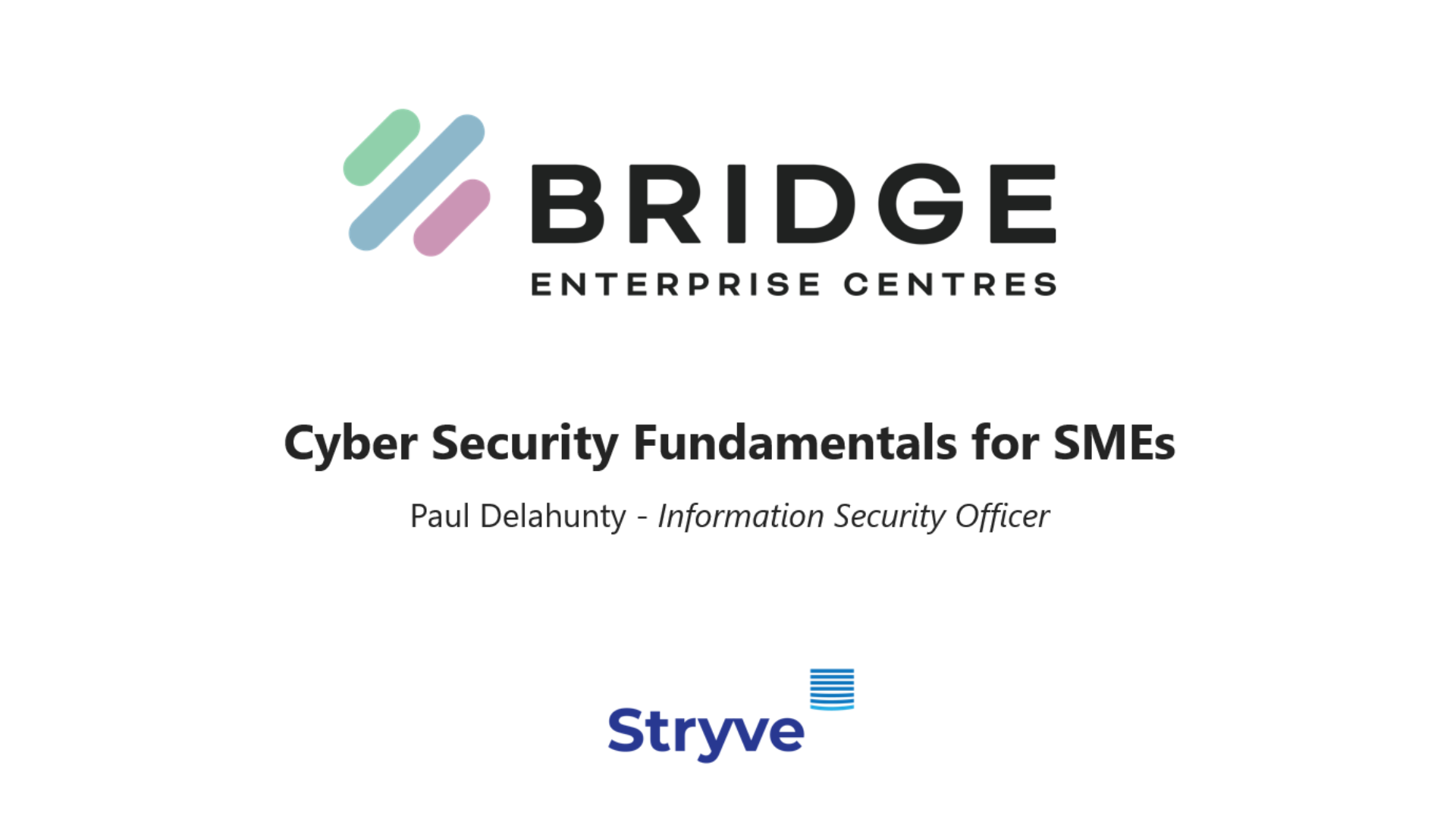
As the festive season approaches, you may look for ways to reward your employees for their hard work throughout the year. However, these gestures of appreciation can sometimes come with hefty tax implications. To make your generosity go further, it’s worth exploring tax-efficient ways to reward your employees while staying compliant with Revenue’s guidelines, including the Enhanced Reporting Requirements (ERR).
1. Small Benefit Exemption Scheme
Under the Small Benefit Exemption Scheme, employers can provide employees with non-cash benefits, such as gift cards, up to a maximum of €1,000 in total per tax year, completely tax-free. This exemption allows employers to show appreciation without the employee incurring PAYE, PRSI, or USC charges.
Key Rules:
- Employers may provide up to two qualifying non-cash benefits per year, provided the total combined value does not exceed €1,000.
- Benefits cannot be redeemed or exchanged for cash.
- The scheme applies to all employees but must be used within the defined thresholds to remain tax-free.
- Only non-cash benefits (e.g., gift cards) qualify; cash gifts are subject to taxation. See possible providers below:
- One4All Gift Cards: Accepted at multiple retailers nationwide.
- Perx Rewards: Offers tailored reward solutions for businesses.
- Me2You Gift Cards: Provides versatile spending options across a range of stores.
- Sodexo Gift Cards: Customisable and widely accepted by various merchants.
- VoucherMe: Digital and physical gift card solutions for modern businesses.
Changes Effective from 1 January 2025:
Starting January 1st, 2025, the Small Benefit Exemption Scheme is getting a serious boost. Here’s what’s changing:
- Increased Allowance: The tax-free allowance is increasing from €1,000 to €1,500 per employee annually. This means you can give even better gifts without worrying about taxes.
- More Flexibility: Employers will be able to provide benefits in up to five separate instalments instead of just two. This allows businesses to spread out rewards throughout the year and celebrate wins and special occasions as they happen.
These updates provide more value and flexibility for both employers and employees, making it easier to reward and motivate staff throughout the year.
2. Christmas Parties and Events
Hosting a staff Christmas party can be a great way to boost morale. Revenue allows reasonable costs for such events to be treated as a business expense, meaning they are deductible for corporation tax purposes. However, certain conditions apply:
- The event must be open to all employees to qualify for the deduction.
- Expenditure should be “reasonable” — excessive spending could attract scrutiny.
- Any additional gifts given during the event may still be subject to tax unless they fall under the Small Benefit Exemption.
3. Additional Tax-Free Perks
Beyond the Small Benefit Exemption, employers can also provide other tax-free incentives such as:
- Travel Pass Scheme: Offering employees tax-free public transport tickets under this scheme is a year-round benefit but can be a thoughtful gesture to introduce at Christmas.
- Cycle to Work Scheme: Provide employees with tax-free bicycles and equipment up to €1,250 (or €1,500 for electric bikes). While not specific to Christmas, it can be a valuable perk to highlight during the season.
4. Bonuses and Cash Gifts
Bonuses are a popular choice at Christmas but are subject to normal tax rules. This means PAYE, PRSI, and USC must be applied. You may consider offering bonuses as part of a profit-sharing scheme or performance-linked incentive to optimise their impact.
5. Charitable Donations in Employees’ Names
Another meaningful option is making a charitable donation on behalf of your employees. While this doesn’t offer direct benefits to employees, it fosters goodwill and demonstrates corporate social responsibility. Charitable donations are tax-deductible for businesses.
Enhanced Reporting Requirements (ERR)
Revenue’s Enhanced Reporting Requirements demand greater transparency in how benefits and rewards are provided to employees. To ensure compliance:
- Record-Keeping: Maintain detailed records of all rewards, including gift cards, event expenses, and other perks.
- Reporting Obligations: Ensure all taxable benefits are reported accurately in payroll submissions.
- Tax-Free Limits: Adhere strictly to thresholds, such as the €1,000 Small Benefit Exemption (or €1,500 from 2025), to avoid unintentional breaches.
- Audit Preparedness: Be ready to provide documentation to Revenue upon request.
In conclusion, rewarding your employees this festive season is an excellent way to show appreciation and boost morale. By leveraging tax-efficient options such as the Small Benefit Exemption Scheme and organising staff events, you can make your gestures more impactful while staying compliant with Revenue’s regulations and Enhanced Reporting Requirements. Thoughtful planning ensures your rewards are both meaningful and cost-effective, spreading festive cheer without added stress.
Consult your Accountant/Tax Advisor for advice before making any decisions.









